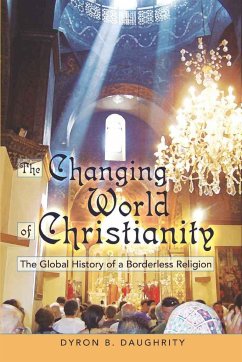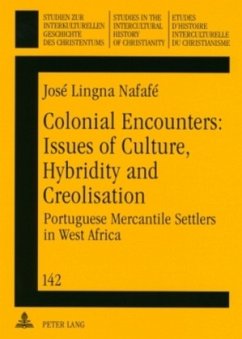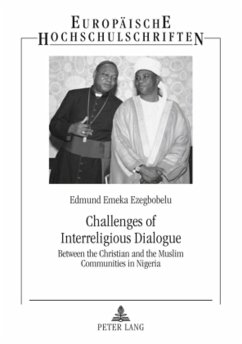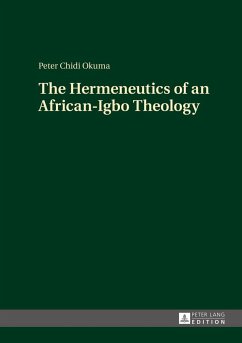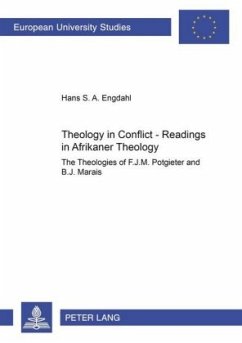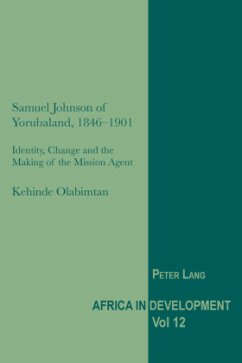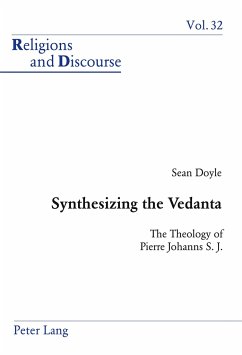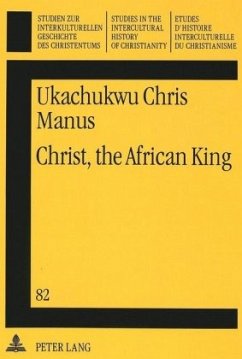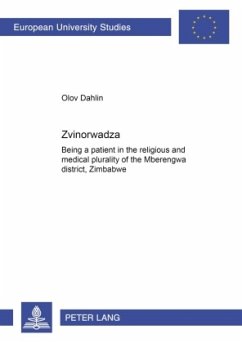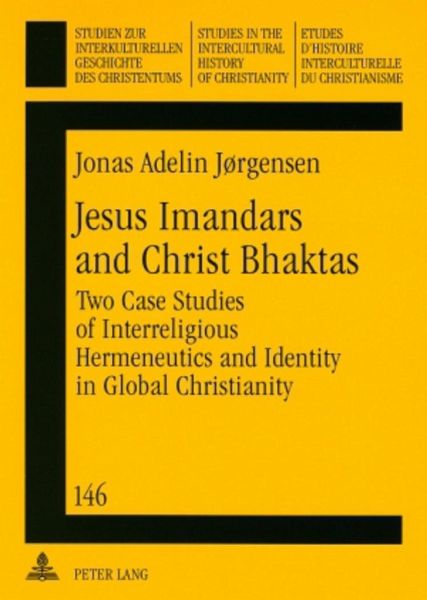
Jesus Imandars and Christ Bhaktas
Two Case Studies of Interreligious Hermeneutics and Identity in Global Christianity
Versandkostenfrei!
Versandfertig in 6-10 Tagen
126,80 €
inkl. MwSt.

PAYBACK Punkte
0 °P sammeln!
The massive changes of Christianity during the 20th century raise the perennial question about its identity in a new, radical form. The author addresses the question of identity and asks how globalisation, religious pluralism, and the polycentric nature of Christianity affect Christian self-identification and theological reflection. First, religious life and theological reflection among believers in Jesus from Muslim and Hindu background in South Asia is presented in two empirical studies. Secondly, the findings are analysed and interpreted within a broad theoretical framework, drawing on mode...
The massive changes of Christianity during the 20th century raise the perennial question about its identity in a new, radical form. The author addresses the question of identity and asks how globalisation, religious pluralism, and the polycentric nature of Christianity affect Christian self-identification and theological reflection. First, religious life and theological reflection among believers in Jesus from Muslim and Hindu background in South Asia is presented in two empirical studies. Secondly, the findings are analysed and interpreted within a broad theoretical framework, drawing on models for syncretistic processes from history of religions, cultural anthropology, and Christian theology. Finally, the study concludes with a systematic-theological perspective on the interreligious hermeneutics underlying the changes of Christianity and discusses how interreligious hermeneutics might inform missiology as well as Christian theologies of religions and how this might challenge our understanding of the church's nature and mission. In conclusion, it is argued that a global, polycentric Christianity can be interpreted as fellowship created by the Spirit and centred on Christ.



